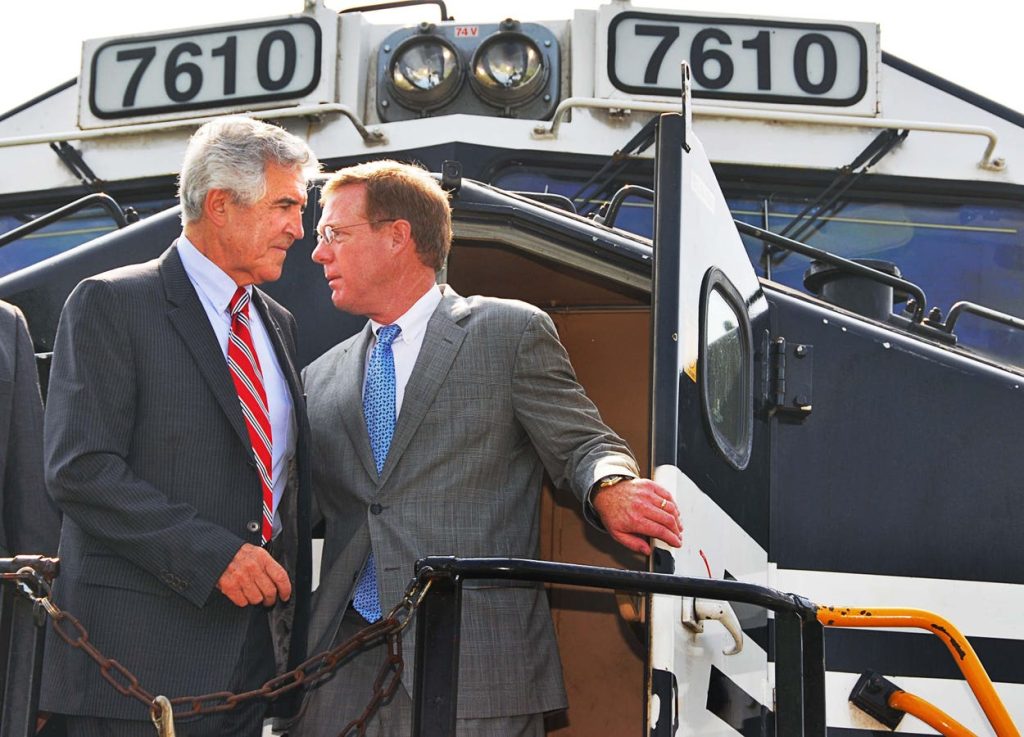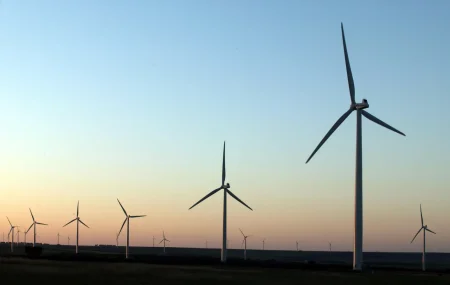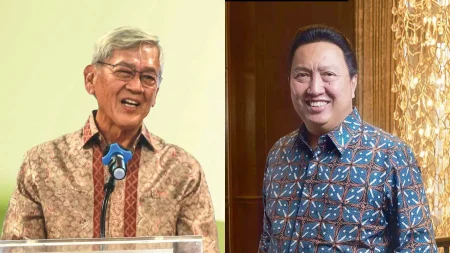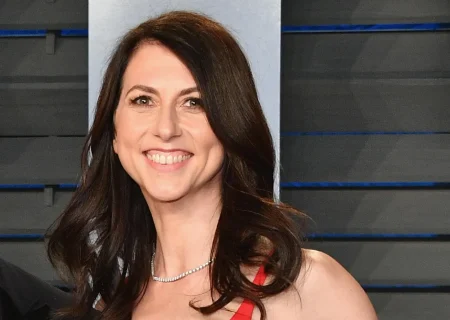Trump Nominates David Fink to Head Federal Railroad Administration, Raising Concerns About Donor Influence
Former President Donald Trump’s recent nomination of David Fink to lead the Federal Railroad Administration (FRA) has sparked debate and scrutiny, primarily due to Fink’s long-standing business ties with Timothy Mellon, a prominent Trump megadonor. This appointment raises questions about potential conflicts of interest and the influence of campaign contributions on key governmental positions. Fink’s nomination awaits confirmation by the Senate Committee on Commerce, Science and Transportation.
The connection between Fink and Mellon, an heir to the Mellon banking fortune, stretches back decades and is deeply intertwined with the railroad industry. Their relationship began in the 1970s when Fink’s father, also named David Fink, a seasoned railroad manager at Penn Central, met Mellon, who was then focused on his philanthropic endeavors through the Sachem Fund. A chance encounter at a lecture about the restoration of the Poughkeepsie Bridge laid the groundwork for their future collaborations. Although the bridge project never materialized, the meeting marked the beginning of a fruitful partnership.
In 1977, Fink and Mellon co-founded Perma Treat, a sawmill and pressure-treating plant specializing in railroad ties. This venture marked their official entry into the railroad business, which further solidified with the establishment of Guilford Transportation Industries in the early 1980s. Under their leadership, Guilford acquired three railroads, implementing cost-cutting measures and operational efficiencies that, while modernizing the industry, also led to significant labor disputes.
David Fink Jr. joined the family business in the late 1990s, initially at Perma Treat and subsequently at Guilford Rail System. He rose through the ranks, eventually becoming president of Pan Am Railways after his father and Mellon acquired the bankrupt Pan Am airline brand and repurposed it for their railroad operations. Fink Jr.’s tenure at Pan Am Railways, however, was marked by scrutiny from the FRA following two fatal accidents in 2021 and 2022. The FRA audit cited concerns about the company’s safety culture and leadership’s response.
Despite the FRA’s critical assessment of Pan Am Railways under Fink’s leadership, Trump has chosen him to oversee the very agency that previously flagged safety concerns within the company. This decision has understandably raised eyebrows and fueled speculation about the role of Mellon’s substantial financial support for Trump’s 2024 campaign. Mellon’s $150 million contribution dwarfs any potential donation from Fink, making his financial influence negligible in comparison.
The appointment of individuals with close ties to major donors to influential government positions raises broader ethical questions about the integrity of the appointment process. Critics argue that such nominations prioritize personal relationships and political expediency over qualifications and experience, potentially jeopardizing the impartiality and effectiveness of government agencies. The FRA, responsible for ensuring the safety and efficiency of the nation’s rail network, requires a leader with a proven track record in prioritizing safety and regulatory compliance.
The Senate confirmation hearings will be a crucial opportunity for lawmakers to thoroughly vet Fink’s qualifications and address concerns regarding his past performance and potential conflicts of interest. Senators will likely question Fink about the FRA’s findings during the Pan Am Railways audit and his plans to address similar safety issues in his new role. The hearings will also provide a platform for a broader discussion about the influence of campaign finance on political appointments and the need for greater transparency and accountability in the selection process.
The outcome of Fink’s confirmation will have significant implications for the future of rail safety in the United States. His leadership will shape the FRA’s regulatory approach, its enforcement priorities, and its commitment to protecting the lives of both railroad workers and the public. Given the heightened scrutiny surrounding his nomination, Fink will face immense pressure to demonstrate his independence, prioritize safety, and prove that his appointment is based on merit and not political favoritism.
The FRA plays a vital role in overseeing the safety and efficiency of the nation’s sprawling rail network, which transports both passengers and freight across the country. Its responsibilities include developing and enforcing safety regulations, investigating accidents, and providing funding for infrastructure improvements. The agency also plays a critical role in promoting innovation and technological advancements in the rail industry. The leadership of the FRA has a direct impact on the safety of millions of Americans who rely on trains for transportation and the economic vitality of businesses that depend on rail for shipping goods.
Fink’s nomination comes at a critical juncture for the rail industry, which faces numerous challenges, including aging infrastructure, increasing freight traffic, and the need to adapt to new technologies. The FRA must also address emerging safety concerns related to automated train control systems and the transport of hazardous materials. The agency’s ability to effectively address these challenges will depend on the leadership and vision of its administrator.
The Senate’s decision on Fink’s confirmation will be closely watched by stakeholders across the transportation sector, including railroad companies, labor unions, and advocacy groups. The outcome of the confirmation process will send a clear message about the Senate’s priorities and its commitment to ensuring the safety and integrity of the nation’s rail system. It will also set the tone for the FRA’s future direction and its ability to effectively address the complex challenges facing the rail industry.
The controversy surrounding Fink’s nomination highlights the ongoing debate about the influence of money in politics and the potential for conflicts of interest in government appointments. The confirmation process will provide an opportunity for a broader discussion about the need for greater transparency and accountability in the selection of high-ranking officials. It will also underscore the importance of ensuring that individuals appointed to key government positions are qualified, independent, and committed to serving the public interest.












